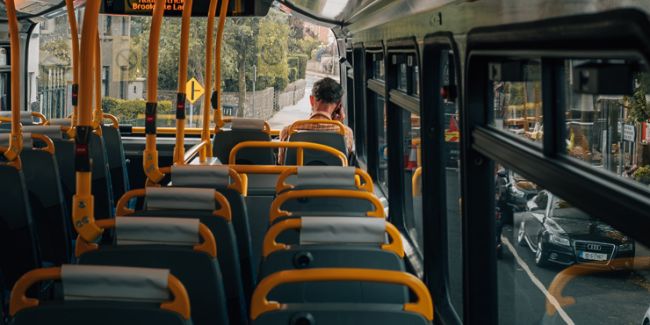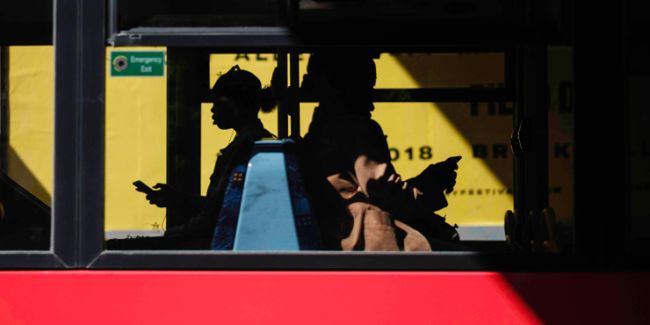Weather disruption and its effect on transit resilience
How can transit systems maintain resilience during extreme winters?
With a record winter in Boston early this year, many questions have arisen on the transit system’s ability to maintain safe and reliable service during adverse weather. The MBTA suspended all services on three separate days this winter, and experienced delays throughout much of the harsh weather. So how can transit systems maintain resilience during extreme winters?
In recent years, the MBTA has prioritized expansion over infrastructure upgrades, and aging machinery and infrastructure contributed heavily to MBTA's woes this past winter. For example, many MBTA motors use direct current (DC) and are more susceptible to snow interference than modern AC motors.
With new subway cars at least five years from entering service, Boston may need to adopt new operations practices to be better prepared for winter weather. Lessons in handling extreme winter weather can be taken from other Northern US cities, and from around the world.
New York’s MTA effectively ran subway service during major winter storms in 2010 by utilizing early preparation techniques, such as storing trains underground and strategically placing snow-fighting equipment. MTA’s storm management policy emphasizes activating storm response procedures prior to the start of snow accumulation. Chicago’s Transit Authority utilizes liquid de-icers to prevent snow and ice buildup.
Outside the US, SBB (Swiss Federal Railways) heats trains overnight and operates at reduced speeds during storms. A snow-clearing machine to clear third rail snow and ice buildup is being tested in Finland.
Wireless switches are another example of modern technology that can be used to upgrade problematic equipment. Finally, staff management and early mobilization plans are essential to any transit system’s plans for severe weather situations.
In order to implement coordinated response procedures, Oslo transit employees are given “action cards” for a variety of storm scenarios.
The US Transportation Research Board has organized a number of recent webinars on system resilience under adverse weather conditions. Lessons can be taken from cities that are susceptible to disruptive winters around the world. Transit agencies should evaluate best practices from peer cities and incorporate them into their winter preparations. Experience shows that functioning equipment, early preparation, and staff management are key to sustaining reliable and safe service during extreme weather events. Transit agencies should seek out and utilize international lessons on operational practices in order to ensure effective and resilient transit services.
Written by Megan Brock





















